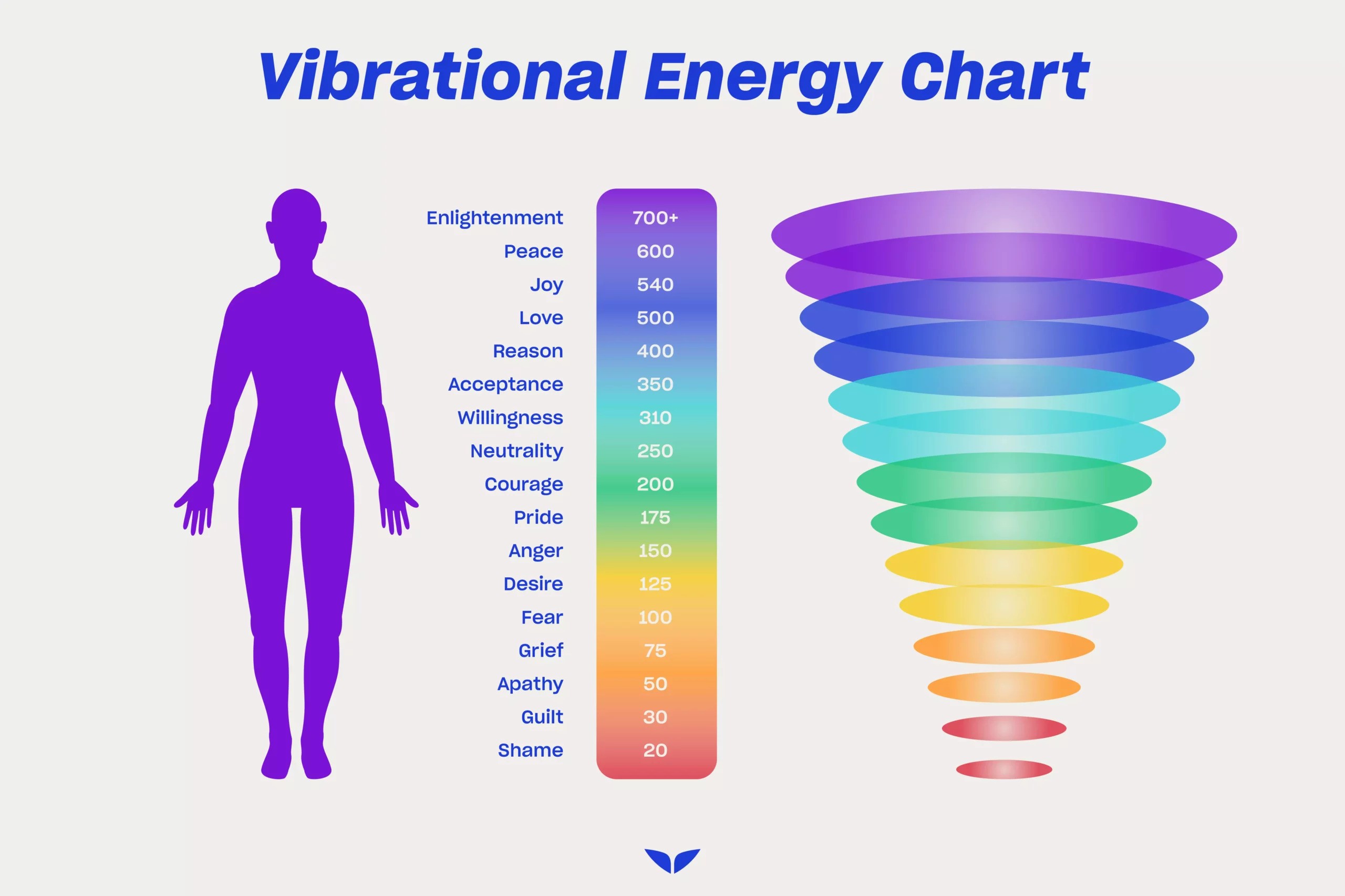Principles of Meditation: Your Guide to Inner Harmony
Embark on a journey to the heart of tranquility with the timeless 'principles of meditation'. In a world brimming with noise and distraction, these principles stand as pillars that guide you to a serene state of being. Unveil the secrets that have transformed lives for centuries, and discover how the 'principles of meditation' can cultivate a sense of profound peace and heightened self-awareness. Whether you're navigating the choppy seas of stress or seeking a lighthouse for personal growth, the 'principles of meditation' are your compass to a more balanced and mindful life.
Introduction to the Principles of Meditation
In the pursuit of inner calm and mental clarity, the 'principles of meditation' serve as a beacon, illuminating the path to self-discovery and enlightenment. This ancient practice, steeped in tradition, offers a reprieve from the relentless pace of modern life, allowing us to reconnect with our true selves. By embracing the 'principles of meditation', we embark on a transformative journey that transcends the mere act of sitting in silence; it becomes a way of life, enriching every breath we take.
- Defining Meditation: At its essence, meditation is the art of focused attention, a deliberate practice of mindfulness that quiets the chatter of the mind and fosters a deep sense of presence.
- Versatility of Practice: Meditation is not confined to any one culture or belief system; it is a universal practice that adapts to diverse lifestyles and philosophies, united by the common 'principles of meditation'.
- Benefits for All: From the seasoned practitioner to the novice, the 'principles of meditation' offer a sanctuary for anyone seeking solace from the turbulence of everyday life.
As we delve deeper into the 'principles of meditation', we will explore how this practice can not only quiet the mind but also elevate the spirit, fostering a life of harmony and purpose.
The Science of Stillness: Understanding Meditation
The 'principles of meditation' are not just spiritual concepts; they are supported by scientific evidence that highlights the profound impact meditation can have on our well-being. Research has uncovered the myriad ways in which meditation can enhance our physical, mental, and emotional health, validating what practitioners have known for centuries.
- Neurological Impact: Studies have demonstrated that regular meditation can lead to structural changes in the brain, including increased gray matter density in areas associated with memory, sense of self, and empathy.
- Stress Reduction: By adhering to the 'principles of meditation', individuals can effectively reduce stress levels, leading to lower instances of stress-related illnesses and an improved quality of life.
- Emotional Well-being: Meditation has been shown to enhance emotional regulation, helping practitioners cultivate a sense of inner peace and resilience in the face of life's challenges.
The 'principles of meditation' offer a science-backed pathway to a more centered and fulfilling existence, bridging the gap between the mystical and the empirical.
Mastering the Basics: Core Principles of Meditation
The foundation of any meditation practice is built upon its core principles. These 'principles of meditation' are the bedrock upon which all techniques and practices are grounded. Understanding and mastering these basics is essential for anyone looking to reap the full benefits of meditation.
- Consistency: Regular practice is key to establishing a successful meditation routine. Committing to meditate daily, even for a short duration, can lead to significant long-term benefits.
- Attention: Central to the 'principles of meditation' is the art of focusing one's attention, whether on the breath, a mantra, or the sensations in the body, to anchor the mind in the present.
- Non-judgment: A non-judgmental attitude allows practitioners to observe thoughts and feelings without criticism, fostering a compassionate and accepting mindset.
By embracing these 'principles of meditation', beginners can set a strong foundation for their practice, paving the way for a deeper and more enriching meditation experience.
Creating a Conducive Environment for Meditation
While the inner landscape is the ultimate destination of meditation, the external environment can significantly influence the quality of your practice. Adhering to the 'principles of meditation' includes creating a space that supports stillness and introspection.
- Physical Space: Choose a quiet, comfortable spot where you can meditate without interruptions, enhancing your ability to focus and relax.
- Simplicity: A clean and uncluttered area resonates with the 'principles of meditation', reflecting the simplicity and clarity you seek in your mind.
- Ritual: Incorporating ritual elements, such as lighting a candle or incense, can signal to your mind that it's time to transition into a meditative state.
By honoring these 'principles of meditation' in your physical environment, you create a sacred space that facilitates a deeper connection with your inner self.
Navigating Common Meditation Challenges
It's natural to encounter hurdles as you deepen your meditation practice. Understanding and applying the 'principles of meditation' can help you overcome these challenges and maintain a consistent practice.
- Dealing with Distractions: Accept that distractions are part of the process. Gently refocus on your breath or chosen point of concentration, in line with the 'principles of meditation'.
- Physical Discomfort: Ensure you're comfortable before beginning. If discomfort arises, adjust your position mindfully, staying true to the principle of self-care.
- Impatience and Frustration: Patience is a core tenet of the 'principles of meditation'. Recognize that progress is gradual and celebrate small victories along the way.
By embracing these 'principles of meditation', you can navigate the common challenges of meditation with grace and perseverance.
Deepening Your Practice: Advanced Meditation Techniques
As your meditation practice evolves, you may feel a calling to explore more advanced techniques that align with the 'principles of meditation'. These practices can introduce new depths of insight and self-awareness.
- Mindfulness Meditation: This practice involves maintaining a moment-by-moment awareness of thoughts, feelings, bodily sensations, and the surrounding environment.
- Loving-Kindness Meditation: Also known as Metta meditation, this technique cultivates an attitude of love and compassion towards oneself and others.
- Zazen: Rooted in Zen Buddhism, Zazen is a seated meditation that emphasizes rigorous discipline and posture, aligning with the 'principles of meditation' through its structured approach.
By incorporating these advanced techniques, you honor the 'principles of meditation' and open the door to a more profound and transformative experience.
Conclusion: Integrating Meditation into Daily Life
The ultimate aim of embracing the 'principles of meditation' is to weave the essence of your practice into the fabric of your daily life. Meditation is not confined to the cushion; it is a living practice that can inform every action and interaction.
By consistently applying the 'principles of meditation', you can cultivate a mindful approach to life's challenges and joys, leading to a more balanced and fulfilling existence. As you continue to explore the depths of meditation, let the 'principles of meditation' be your guiding light, leading you to a place of inner harmony and peace.



